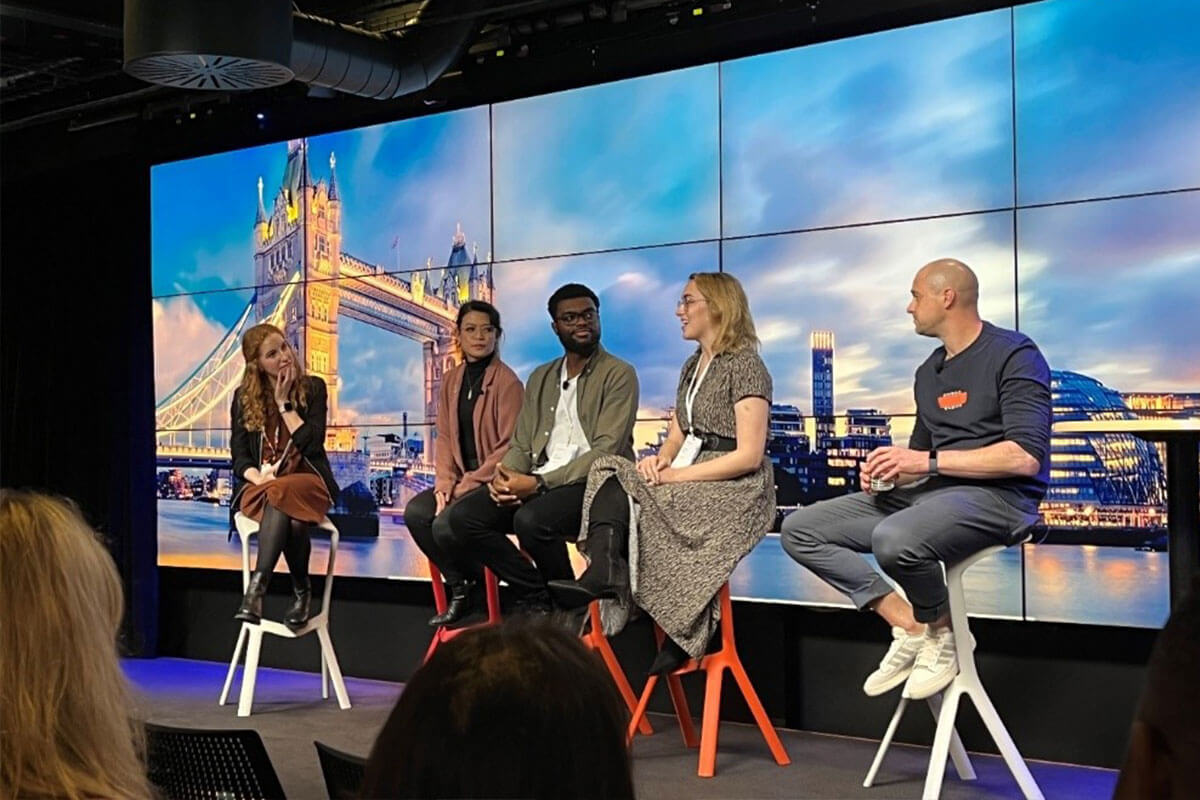What happened?
In January, Microsoft announced it would be acquiring Activision Blizzard, one of the biggest gaming companies in the world, for $68.7 billion. This beats the record for the largest gaming acquisition ever, achieved only the previous week by Take-Two Interactive’s $12.7 billion deal of Zynga (Farmville, Words with Friends). This follows a trend of Microsoft acquisitions, such as ZeniMax Media, parent company of Bethesda (The Elder Scrolls, Fallout, Doom), for $7.5 billion, as well as Mojang, the company behind the huge franchise Minecraft.
What does this mean for Microsoft?
The Xbox giant will likely add Activision’s games to its ever-growing Xbox Game Pass, a strong feature of the service. Furthermore, Microsoft will have control of huge titles such as Call of Duty, Overwatch and World of Warcraft, meaning their Xbox and PC platform may receive future exclusives, early content access and other privileges that PlayStation players won’t. Xbox players may also get access to games they previously won’t have, as has happened with award winning PS5 game Deathloop (published by Bethesda). We may also see PC games like World of Warcraft somehow be adopted, either through Xbox or being added to the PC facet of Game Pass.
Along with the purchase, Activision’s business units also go to Microsoft, which includes the Major League Gaming Corp., well-known for MLG esports leagues which will likely be revitalised by its new owners. This opens a new source of revenue for Microsoft, with a focus on esports, where the company could build a whole international competition on one of their own titles and profit from viewership/partnerships.
The acquisition also means Microsoft have come into ownership of mobile game developer King, best known for Candy Crush, making Microsoft one of the largest mobile game companies in one foul swoop. This investment gives the company a foothold in the mobile gaming world, in which Microsoft has not previously made a notable contribution. This could lead to more Microsoft mobile games, such as a mobile Halo game, greater app support for their current titles, and possibly an expansion of Xbox Play Anywhere, which allows on the go play via cloud gaming. In time it’s possible that Game Pass extends to mobiles, allowing exclusive mobile games for a monthly cost. Who knows, this could herald the return of Microsoft mobile phones; okay maybe that is a stretch!



